Trust Reality, Not the Noise
This week, my head’s been racing—partly because these markets are a trader’s fever dream, the wildest I’ve seen since I flagged COVID’s chaos 45 days before the “experts” even whispered a word about it.
My mind keeps circling a single, urgent two-part question: Is Trump’s tariff strategy a bold, long-overdue economic and geopolitical reset—an America First recalibration to confront a brutal quartet of challenges shredding our future?
After all, we are staring down unfair trade that’s bled our heartland dry, income inequality that’s turned the American Dream into a rigged casino, fiscal recklessness barreling toward a $36 trillion debt cliff, and a humiliating loss of sovereignty over critical supply chains like chips and medicine.
Or—and here’s the kicker—is all that high-minded talk just clever camouflage for a razor-sharp strike to kneecap China’s stranglehold on our economy and security?
Because America’s future hinges on one undeniable truth: when it comes to China, we must anchor ourselves in reality, not ideology.
You can debate trade deficits, debt, markets, or executive power until you’re blue in the face. Legitimate arguments exist about how to secure America’s long-term strength. But our relationship with China isn’t up for abstract theorizing.
Let’s cut through the noise: China has been exploiting us for decades. The Chinese Communist Party hasn’t played fair. Their economy thrives on fraud, cheating, piracy and deception. This isn’t speculation—it’s fact.
Here’s a short list from Jordan Schachtel on just a few of the items China has pirated from the US:
35 Fighter Jet data - Stolen via cyberattacks; used for China’s J-20 stealth fighter.
Lockheed Martin F-22 data - for China’s J-31 fighter.
Missile guidance - Tech stolen to enhance Chinese missile systems.
NASA space tech - Hacked data on propulsion and materials research.
Chip designs worth billions were taken for China’s memory chip industry.
Nuclear missile sensors - Infrared detection tech stolen for military applications.
Boeing C-17 Data - Military transport plane specs hacked, linked to China’s Y-20.
Apple’s Self-Driving Car Tech - An ex-employee took secrets to a Chinese startup.
Chip technology - theft via partnerships to advance Chinese semiconductors.
Nuclear reactor designs - AP1000 tech taken during a joint venture.
American radio systems - Proprietary tech stolen by Hytera, a Chinese enterprise.
American semiconductor processes - Targeted in cyberattacks to close China’s tech gap.
Software code - theft via espionage for Chinese tech firms.
The ugly truth is China has systematically stolen a massive share of America’s cutting-edge technology and military platforms. While it’s true that some American firms have willingly handed over tech secrets to Chinese companies, that reality does not excuse or apply to the widespread theft outlined above.
The Stock Market Isn’t Everything
I’ve been vocal online about the markets mattering. Shocking them recklessly hurts real people, and free market defenders are right to caution against chaos. But Wall Street cannot call the shots on China.
They’re hooked on short-term profits, blind to the bigger picture. Too many firms are already in Beijing’s pocket, prioritizing bonuses over America’s future. They’re not our saviors—they’re compromised.
China isn’t just another bad actor. We’ve dealt with unsavory regimes before. It’s messy, but it’s geopolitics. China, though, is a different beast. They combine authoritarianism with calculated bad faith, actively undermining our sovereignty and values.
Tyranny plus treachery? That’s a dealbreaker.
Decoupling Is Non-Negotiable
Pulling away from China won’t be clean or painless, but it’s necessary. It’s not just a moral stand—it’s economic sense. Reliable trade partners exist. Real allies are out there. America shines when we choose principle over profit, sovereignty over shortcuts.
Decoupling from China is about more than economics—it’s about securing the future our kids deserve. Wall Street can howl, but history won’t care. The sooner we stop funding our own decline, the sooner we can rebuild what makes us strong.
Either way, Trump’s Tariff Gambit isn’t just cautious tinkering around the edges—it’s a gauntlet thrown down to reclaim America’s destiny before the clock runs out.
And while a decade of fake news and partisan hackery masquerading as journalism shouldn’t surprise me anymore, I’m amazed at how quickly the critics — the same ones who’ve been wrong about everything for the past decade — suddenly became experts on macroeconomics, trade policy, and global supply chains... all within 72 hours.
Remember, these are the same people who told you:
Offshoring America’s entire industrial base to China was “good for growth.”
Inflation was “transitory.”
Joe Biden was “sharp as a tack.”
Men in women’s sports was "progress."
They had no problem shutting down the global economy over a glorified cold with a 99.5% survival rate, forcing billions to take an experimental injection, closing schools, vaporizing businesses, and wrecking tens of millions of jobs.
And now they want to lecture you on why Trump's Tariff Gambit won't work?
Here’s the deal: we’re at a critical crossroads, and there are two truths we must keep front and center to guide us.
Truth One: The “Experts” Are Often Anything But
For decades, the chattering class swore offshoring our manufacturing and millions of jobs to China was genius. Pure coincidence, I’m sure, that it lined the pockets of multinationals and the shareholder elite while gutting Middle America’s heartland.
They didn’t bat an eye when their Covid policies crushed small businesses, jacked up prices for gas, groceries, and homes, or fueled inflation that hit working families like a freight train. The laptop class Zoomed through it all, unscathed, while the rest of us paid the price.
These are the voices now crying foul because their portfolios are down 15% after rising 300% over the last decade? Cry me a river.
Truth Two: Economists and Market/Political Pundits Are Always Behind the Curve
Economists, market commentators, political thought leaders—history shows they’re usually playing catch-up, spinning excuses when their predictions crash and the consensus turns out to be wrong.
Over the past two decades, we’ve been slammed by four so-called “once-in-a-century” economic tempests, each exposing the fragility of our systems and the hubris of the so-called experts.
The 1998 Asian Financial Crisis—ignited by Thailand’s currency collapse and amplified by Russia’s default and Long-Term Capital Management’s near-implosion—ripped through emerging markets like a wildfire.
The 2001 Tech Bubble’s burst obliterated trillions in paper wealth, mocking the “new economy” hype.
The 2008 Great Financial Crisis turned Wall Street’s greed into a global catastrophe, nearly collapsing the world’s financial foundation.
And the 2020 COVID Crisis, with its draconian lockdowns and reckless money-printing, scarred economies and livelihoods under the guise of safety.
Each time, the vaunted consensus—peddled by economists, pundits, and policymakers—wasn’t just wrong; it was catastrophically blind, leaving us to clean up the wreckage while they dusted off their credentials and moved on to the next bad bet.
If not for the Fed and Treasury printing cash like it was confetti, the system would’ve imploded. Sure, they “saved” us, but at what cost? Skyrocketing income inequality and debt, dollar devaluation, and a moral hazard that’s still haunting us. So when market gurus or political hacks scream “disaster” over tariffs, I’m not buying their high-conviction hot takes. It’s way too early. As Buffett says:
We’re playing for the latter. It’s the long game that matters — not the day-to-day gyrations while the oligarch class and elites screams "bloody murder" over a little short-term portfolio pain.
Now, about that “Trump reversal” chatter—pausing some tariffs for 90 days while keeping the heat on China. A misstep? Maybe. Or maybe it’s just pragmatic. I’d have preferred barreling forward until deals were inked, but the goal isn’t to torch our trading partners’ economies (except China’s). It’s to level the playing field, boost revenue, and sideline a bad-faith adversary.
Cue the peanut gallery claiming it’s a "reversal" and "proof" the plan is falling apart.
Is it?
Hell if I know.
It’s way too soon to tell.
Switching gears doesn’t mean the plan’s busted—it’s just not a straight line. Never was.
Complex, dynamic systems—whether markets, ecosystems, or societies—dance to the rhythm of resonance, not the rigid drumbeat of consensus. Resonance emerges when diverse elements align through feedback loops, adapting fluidly to shocks and signals, like a flock of starlings or a school of fish twisting in unison without a script.
Consensus, by contrast, is a brittle artifact, often forged by groupthink or power plays, flattening nuance into a one-size-fits-all narrative that crumbles under pressure (think Soviet Politburo, Obamacare or other top-down systems).
Testing and shifting is how Trump has operated his entire life:
Launch hard.
Test the waters.
Adjust based on feedback.
Move forward.
It’s the classic OODA Loop in real time — Observe, Orient, Decide, Act & Repeat.
It’s not that different from a tough business negotiation or civil litigation settlement:
You make your move, watch who comes to the table, and adapt.
Tariffs on Mexico and Canada? Floated, tested, tweaked. It’s not chaos—it’s negotiation, like any high-stakes deal. You probe, read the room, recalibrate. Nobody expected this to be smooth. Could it have been cleaner? Sure. But unraveling 40 years of entrenched mistakes—handing China our industrial base, our supply chains, our leverage—requires breaking some eggs. Big ones.
The critics calling this a blunder are missing the forest for the trees. If a year or three from now we’ve forged a Western Hemisphere trade bloc, secured fair deals, and marginalized China while protecting Taiwan’s chips (our economic lifeline), will they still call it a failure?
Time’s not on our side. China’s not just a rival—they’re a mortal threat, eyeing Taiwan and AI dominance. If they control chips, it’s checkmate. Your phone, car, computer, military tech—all dead without them. We’ve left our jugular exposed to a regime that despises us. That’s not strategy; it’s f’n insanity.
Here’s the flip side: this could be a masterstroke. Every nation (sans China) just got a taste of tariff pain. Now they’re scrambling to cut better deals. Picture it—fair trade, open markets for American goods, and a light tariff to access the world’s top consumer market. That’s trillions in revenue over a decade, balancing budgets, taming deficits, and cooling interest rates. Prices drop, families breathe easier, and we claw back sovereignty.
Painful short-term? No question. But if we pull it off—chip factories stateside, Taiwan secured, China sidelined—will you admit it worked?
The binary choice is between short-term pain (1–3 years) or managed decline and collapse over the next decade (or sooner). Pick your poison.
The status quo was a death spiral. Doing nothing wasn’t an option. This road’s bumpy, no sugarcoating it. But if we stay clear-eyed, bet on reality over noise, and hold the line, we’re not just fighting for today—we’re building a future where America calls the shots.
Bottom Line: Only Time Will Tell
In three years, if we’re sitting here with:
Trillions in new tariff revenue,
Fair trade agreements,
Lower interest rates,
Higher real wages, and
A Western Hemisphere economic bloc that marginalizes China...
Will the talking heads still call it a failure?
Because make no mistake — that’s the goal:
Marginalize China.
Protect Taiwan (or at least access to chips)
Rebuild American industry.
Restore national sovereignty.
If China takes Taiwan tomorrow, it’s game over for America.
Our entire economy — phones, cars, computers, military tech — runs on Taiwanese chips.
Lose Taiwan and we hand China the keys to artificial superintelligence.
The fact that we've left such a critical supply chain in China’s backyard, knowing full well they view us as a mortal enemy, is quite frankly insanity.
This is about survival.
Not style points.
The only way out is through.
Final Word
There will be pain.
There’s no way around that.
But if you think the status quo — outsourcing our entire future to Beijing — was sustainable, I have beachfront property in Ohio to sell you.
This is a long-overdue course correction.
If it’s messy, so be it.
Pain now, survival later.
That’s the trade.
And it’s one worth making.
Election Integrity: The Foundation of Everything
President Trump’s tariff strategy is a daring, all-in wager—a calculated upheaval to rewire America’s economic future—but it’s not without a price. Markets are trembling, nerves are fraying, and the political opposition’s vultures are circling, shrieking with glee at every dip in the Dow.
But let’s get real: no tariff, no border wall, no economic reset—nothing—holds water if our elections are a house of cards. Without ironclad election integrity, America isn’t a functioning republic; it’s a hollow stage for endless power grabs. If Trump wants to deliver his mandate, shield his agenda from midterm carnage, and restore faith in the system, he must make election security his highest priority and North Star.
A national Voter ID law—by Congress or executive fiat—alongside paper ballots, rigorous audits, and airtight verification, isn’t just urgent. It’s the only way to save the soul of our democracy.
The stakes couldn’t be clearer. Trust in elections is bleeding out. A 2024 Rasmussen poll showed 58% of voters suspect fraud taints results. True or not, that doubt is poison. When half the country feels robbed, governance collapses into a circus of suspicion.
Look at 2024: California took weeks to finalize counts, dragging into December, while nations like France, India, and Brazil—handling millions of paper ballots—tally votes in a single night. Paper ballots work. They’re tangible, auditable, and trusted globally, from Germany’s hand-counted Bundestag races to Mexico’s presidential polls. Yet here, we’re stuck with digital black boxes and bloated delays, fueling skepticism.
Add Voter ID (79% public support per 2022 Gallup), mandatory citizenship checks, scrubbed voter rolls, and chain-of-custody audits, and you’ve got a fortress of fairness. Anything less is malpractice.
One party’s fingerprints are all over this mess. Democrats have fought tooth and nail to kneecap election security—blocking ID laws, dodging citizenship verification, and letting voter rolls fester with errors. Worse, they’ve incentivized chaos, from lax mail-in rules to winking at non-citizen voting through driver’s licenses and sanctuary policies. It’s not a conspiracy; it’s a pattern, and it’s eroding the republic’s foundation. Republicans, now holding the reins, have a moral duty to fix it. Trump must lead—because if he doesn’t, his tariff pain will bury him.
Tariffs are a lightning rod. They’re spiking prices, rattling allies, and arming critics with “reckless” talking points. Midterms loom like a guillotine—voters punish pocketbook pain, and a flipped Congress means bogus impeachment reruns, stalling deportations, tax cuts, and China’s decoupling.
But election integrity is Trump’s trump card. It unites the base, wins independents, and forces Democrats to defend the indefensible. Who opposes paper ballots and ID without sounding like they’re hiding something? It’s a political lifeline, giving Trump breathing room to let tariffs work their long game.
This isn’t about old grudges—it’s about tomorrow. Secure elections mean a mandate that holds, a Congress that delivers, and a republic that endures. Executive action can jumpstart it: mandate Voter ID, fund paper ballots, tighten mail-ins, and enforce citizenship checks. Congress can cement it. Delay, and the window slams shut.
Democrats will weaponize doubt to claw back power. Without election security, nothing else matters—not tariffs, not borders, not prosperity. Trump’s got one shot to rebuild trust and give America the democracy it deserves. Republicans, step up. The Republic’s watching.
This must be our absolute, non-negotiable top priority.
What I’m Watching and Reading…
Clip from a recent podcast of Joe Lonsdale and Peter Thiel talking about the Great American Reset. Full podcast out next week. Should be a great one.
A bit of historical fiction (or fantasy) courtesy of
that offers a roadmap for future optimism.Had several lib friends send me this one. Not that interesting to me, because most people on the right or open-minded centrists are already aware of this. Nevertheless, might be a decent one to send to your liberal friends that still have a shot at redemption.
Good Summary Matrix of Some Key Cognitive Biases
Best of Twitter
Memetic Warfare
Parting Words….
That’s it for this week folks! If you enjoyed it, please share it with a friend. See ya next week!

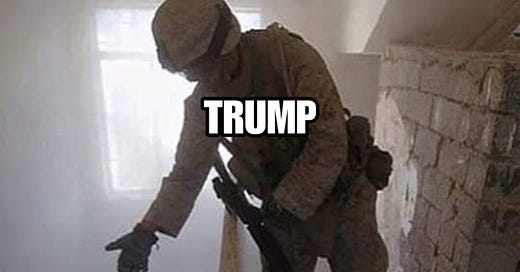




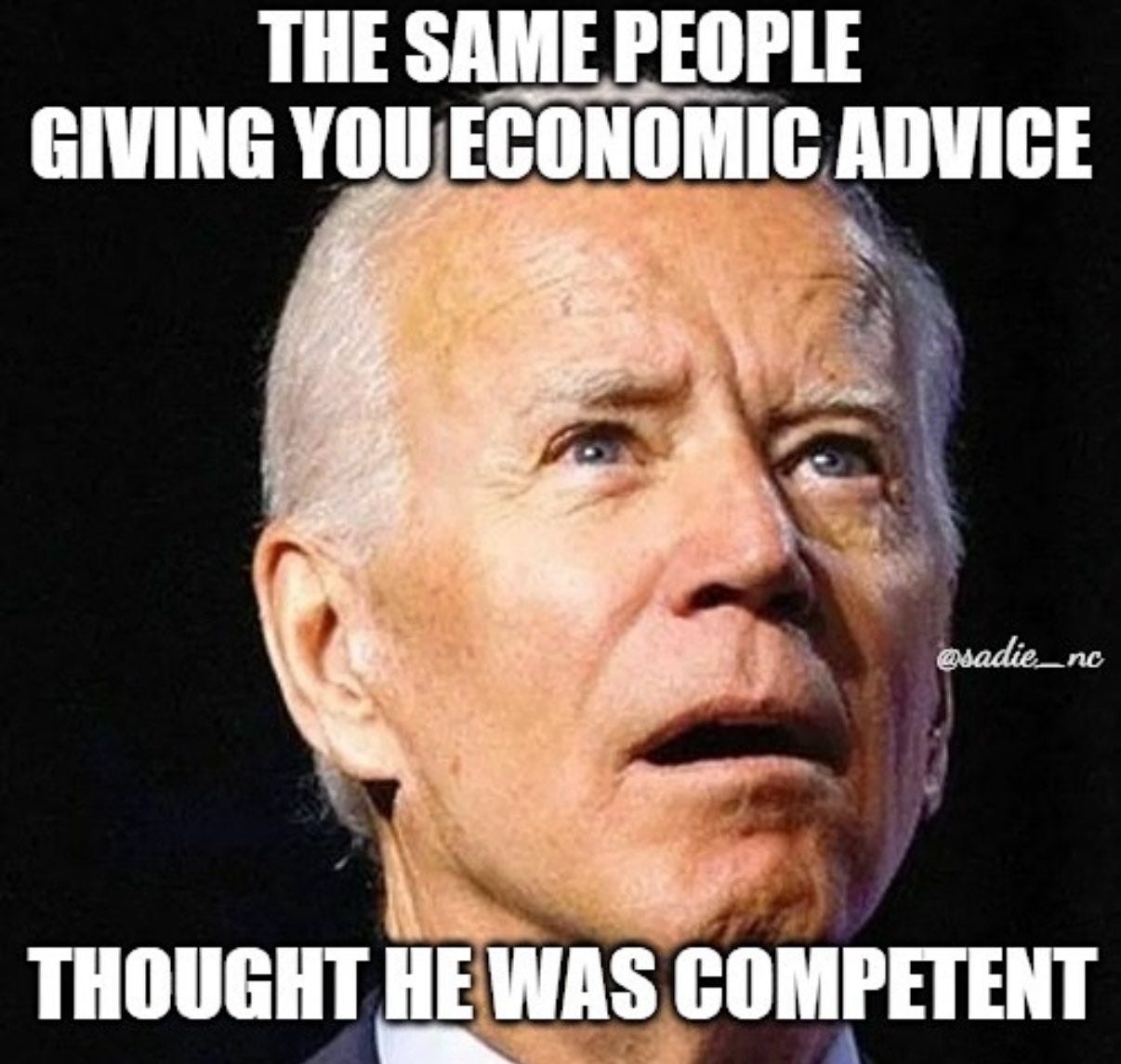


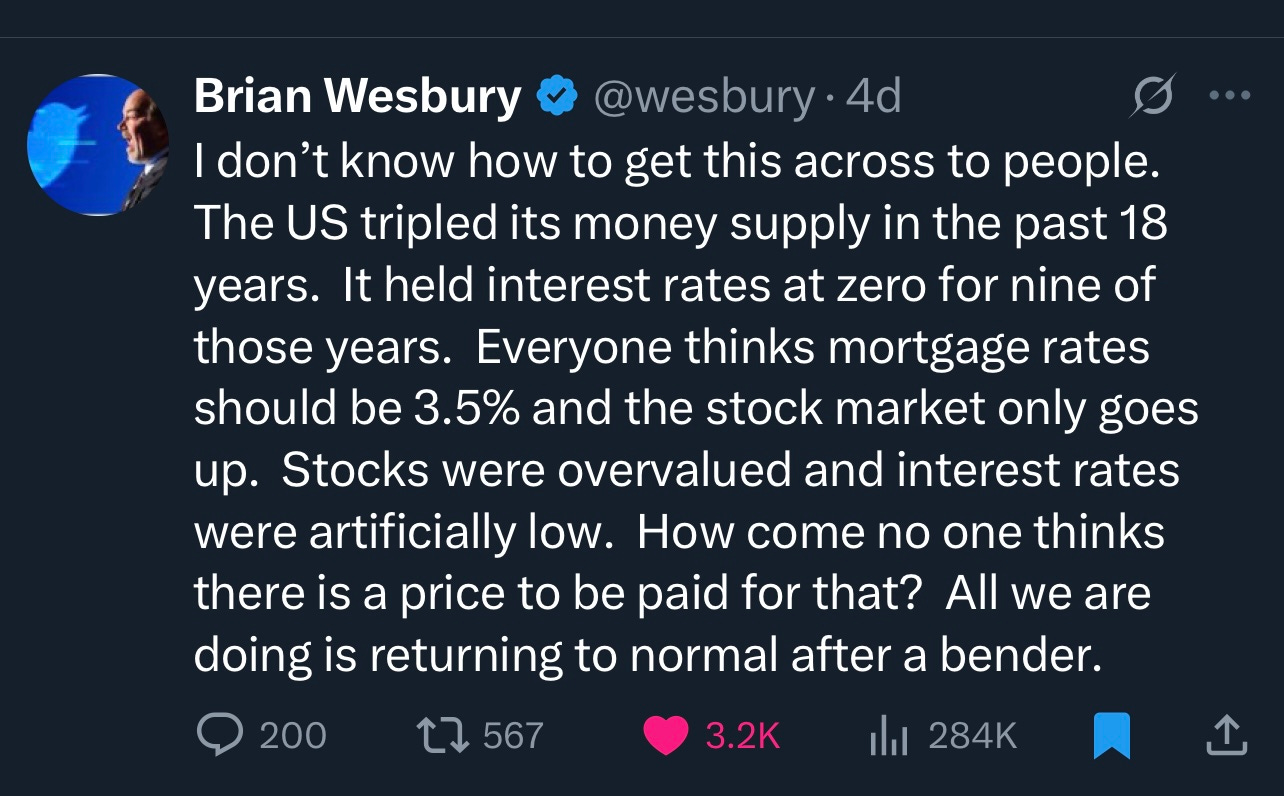
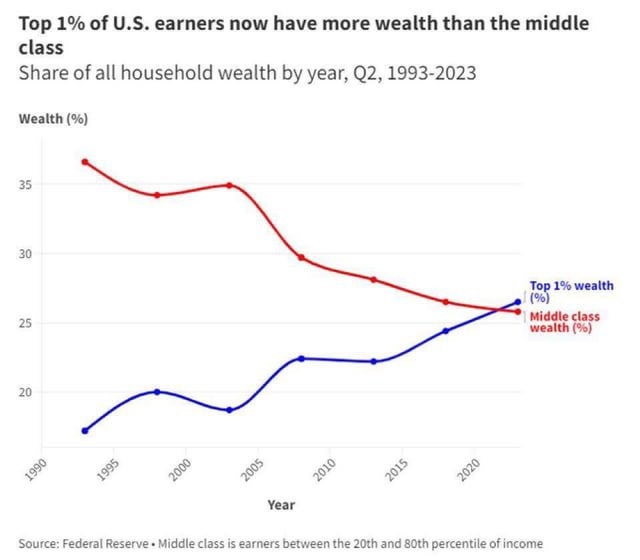
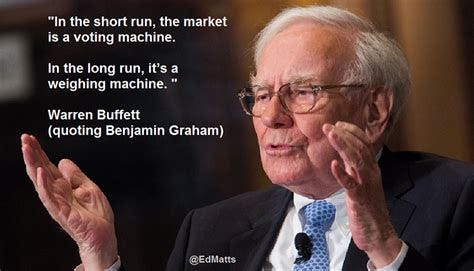
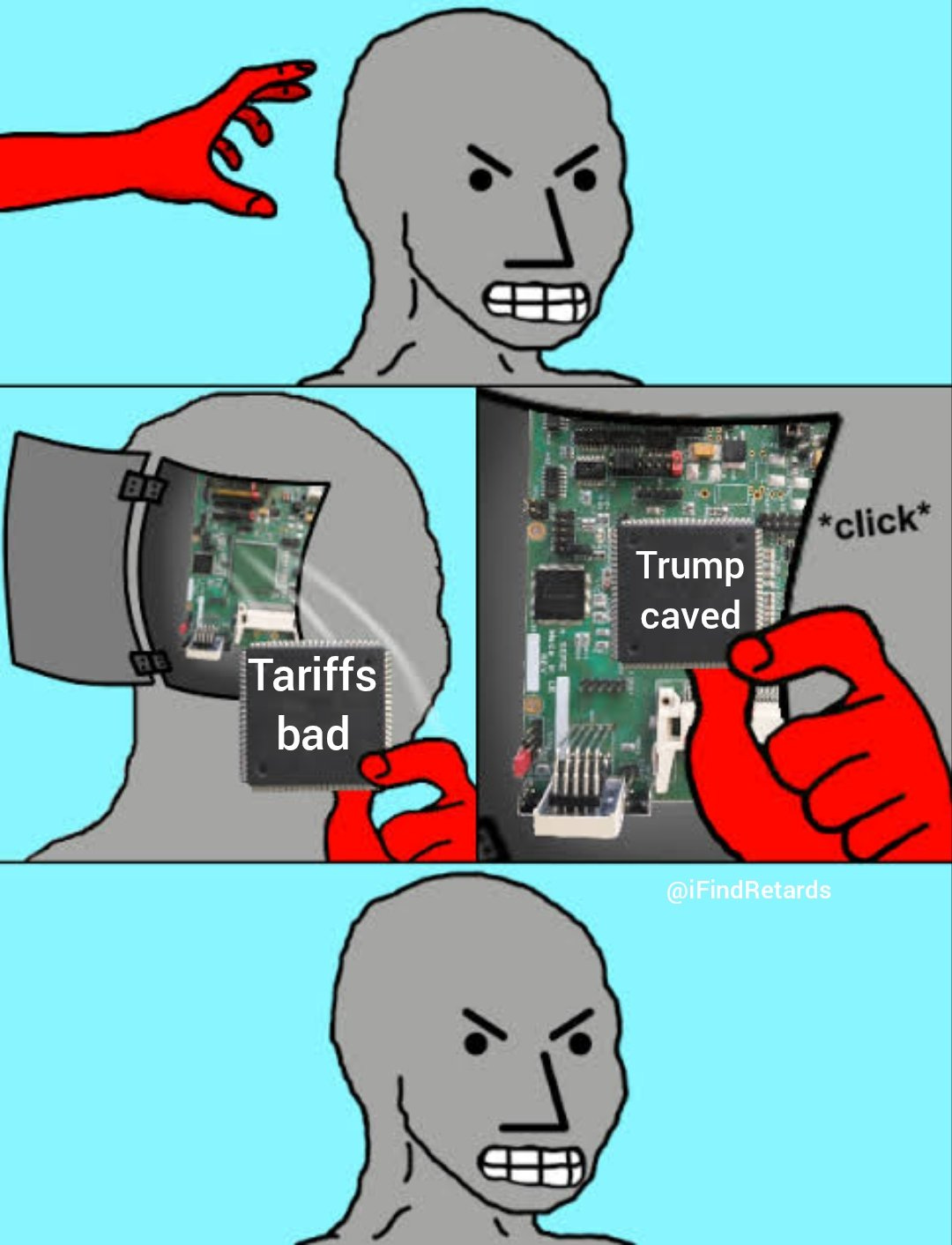
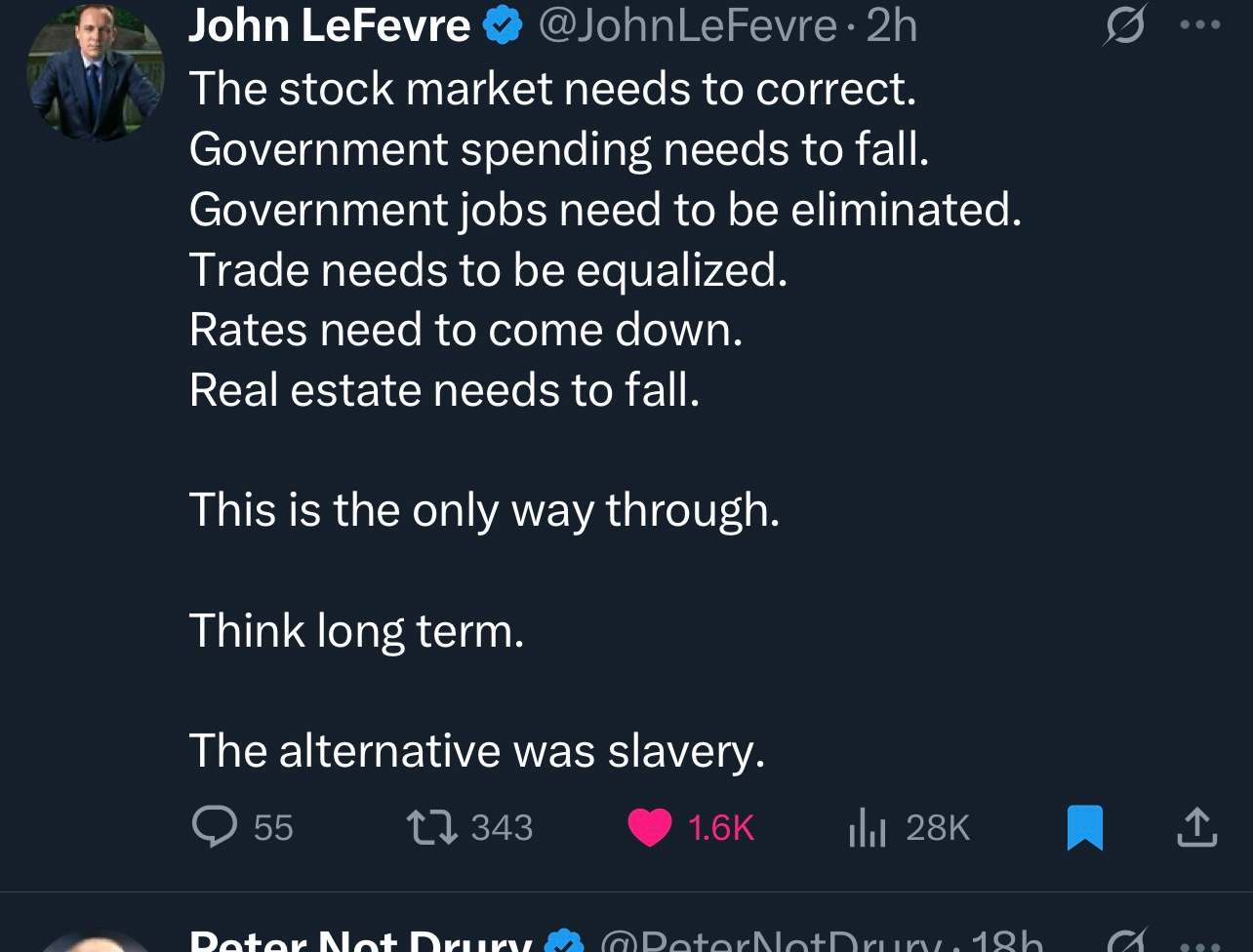
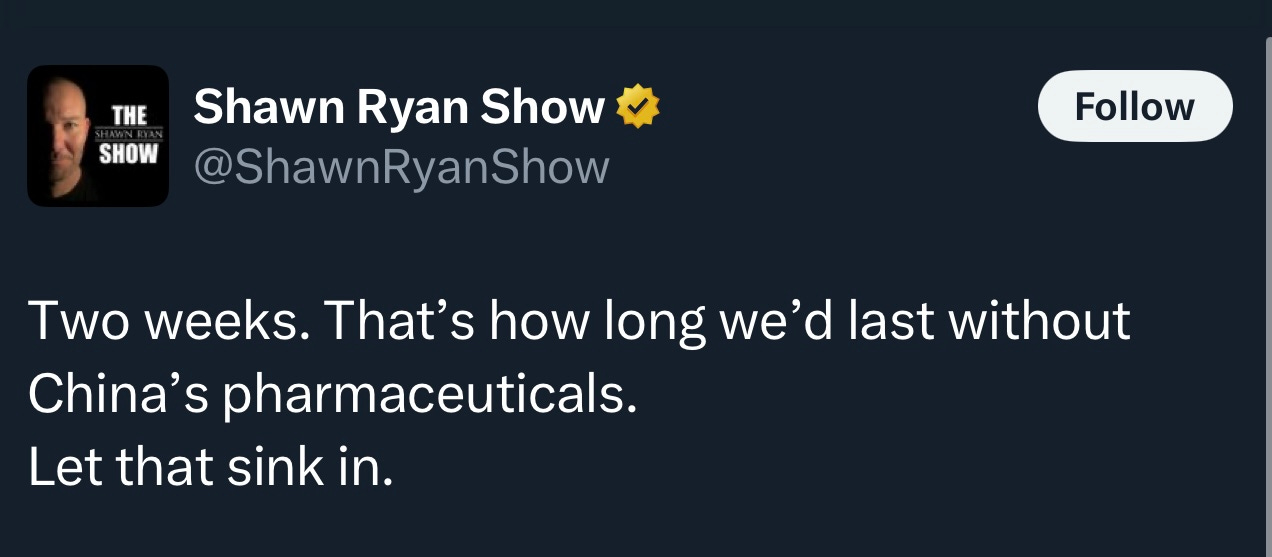
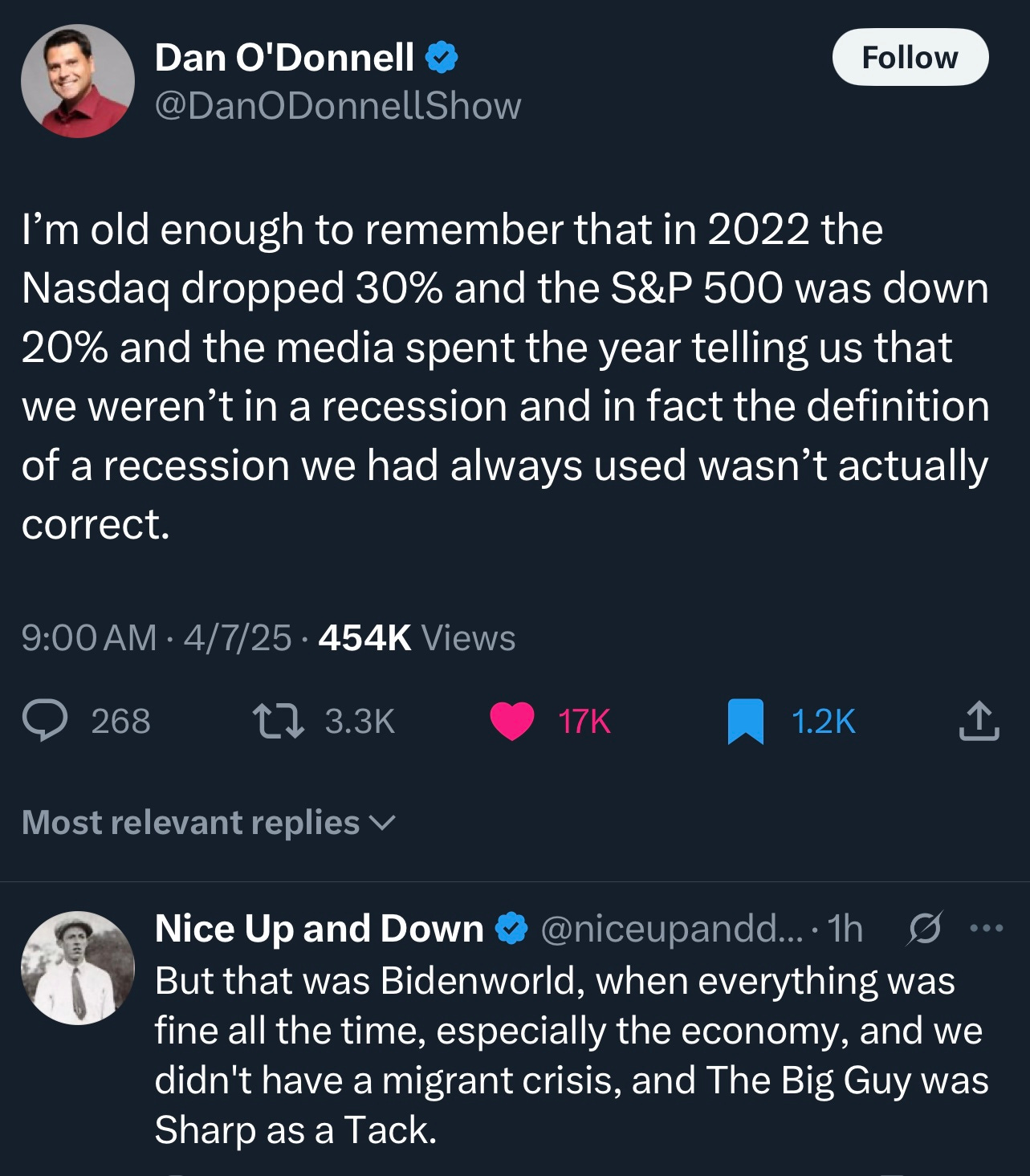
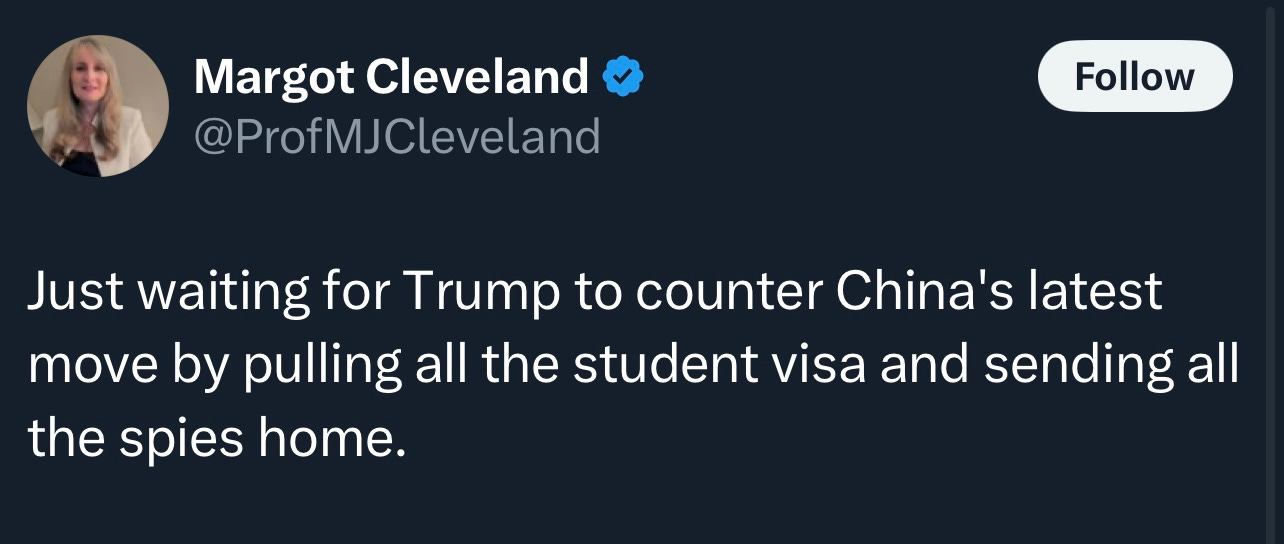
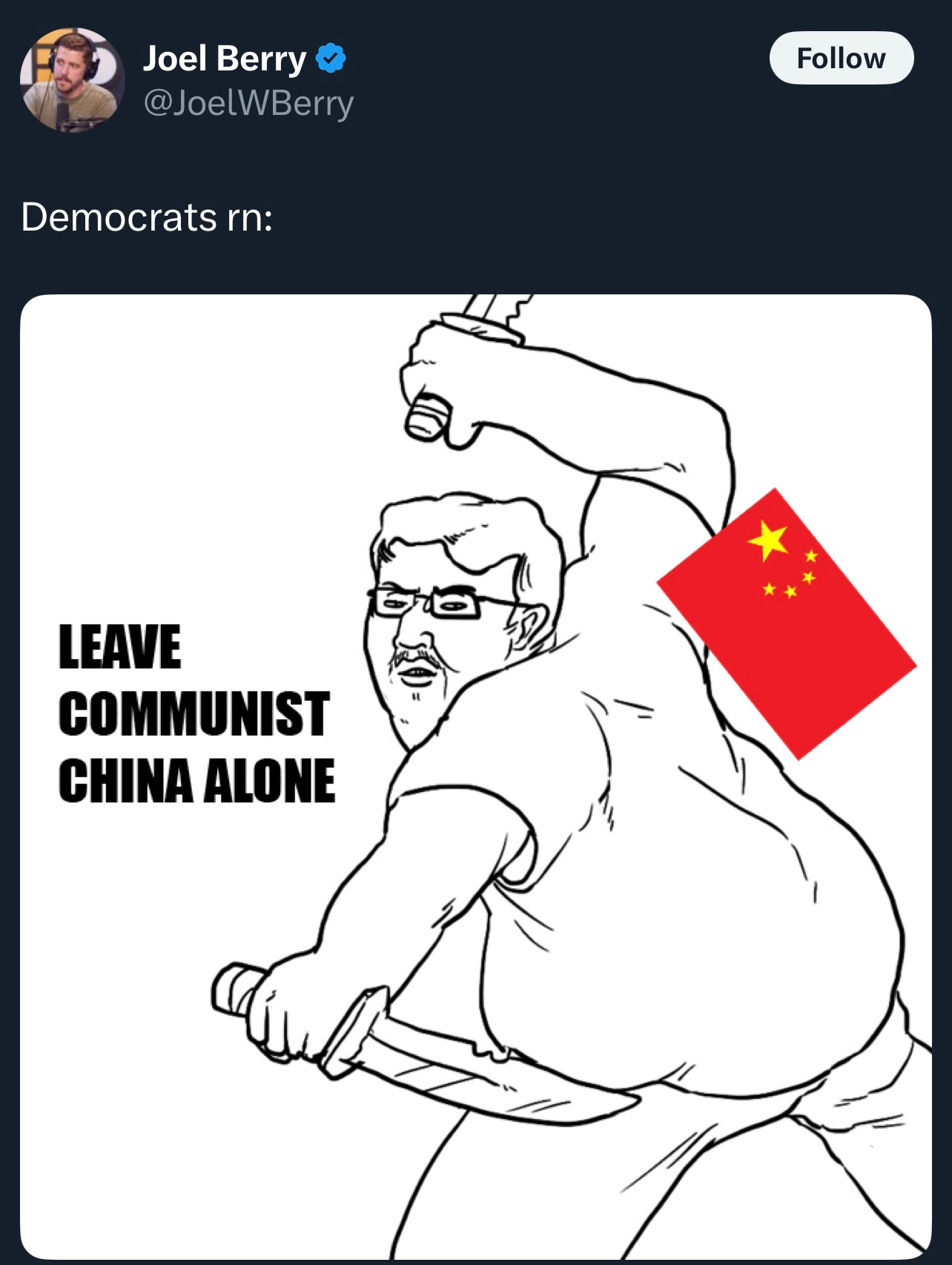
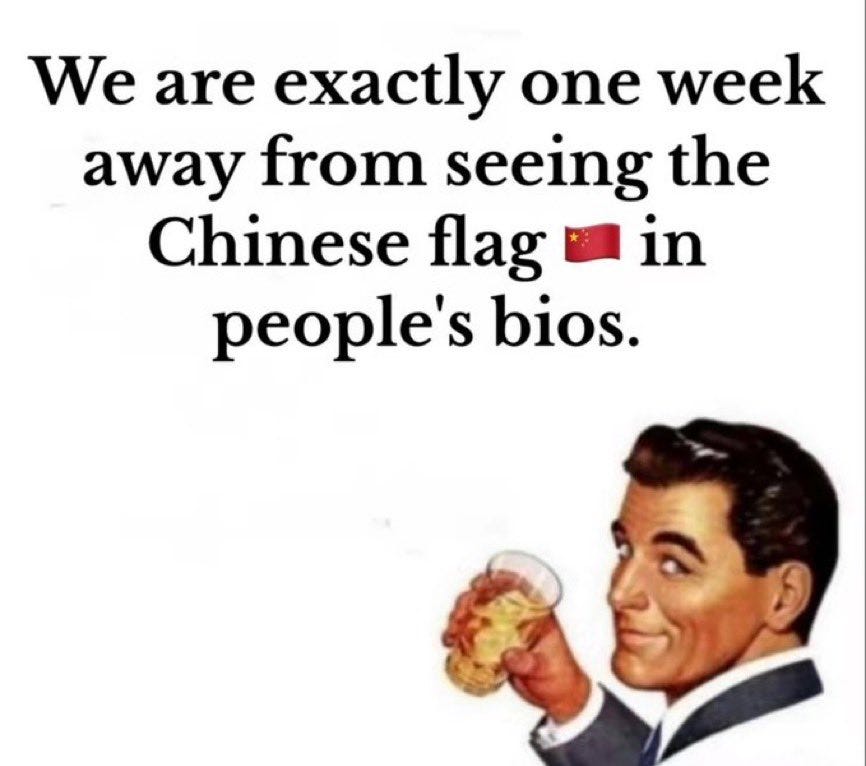

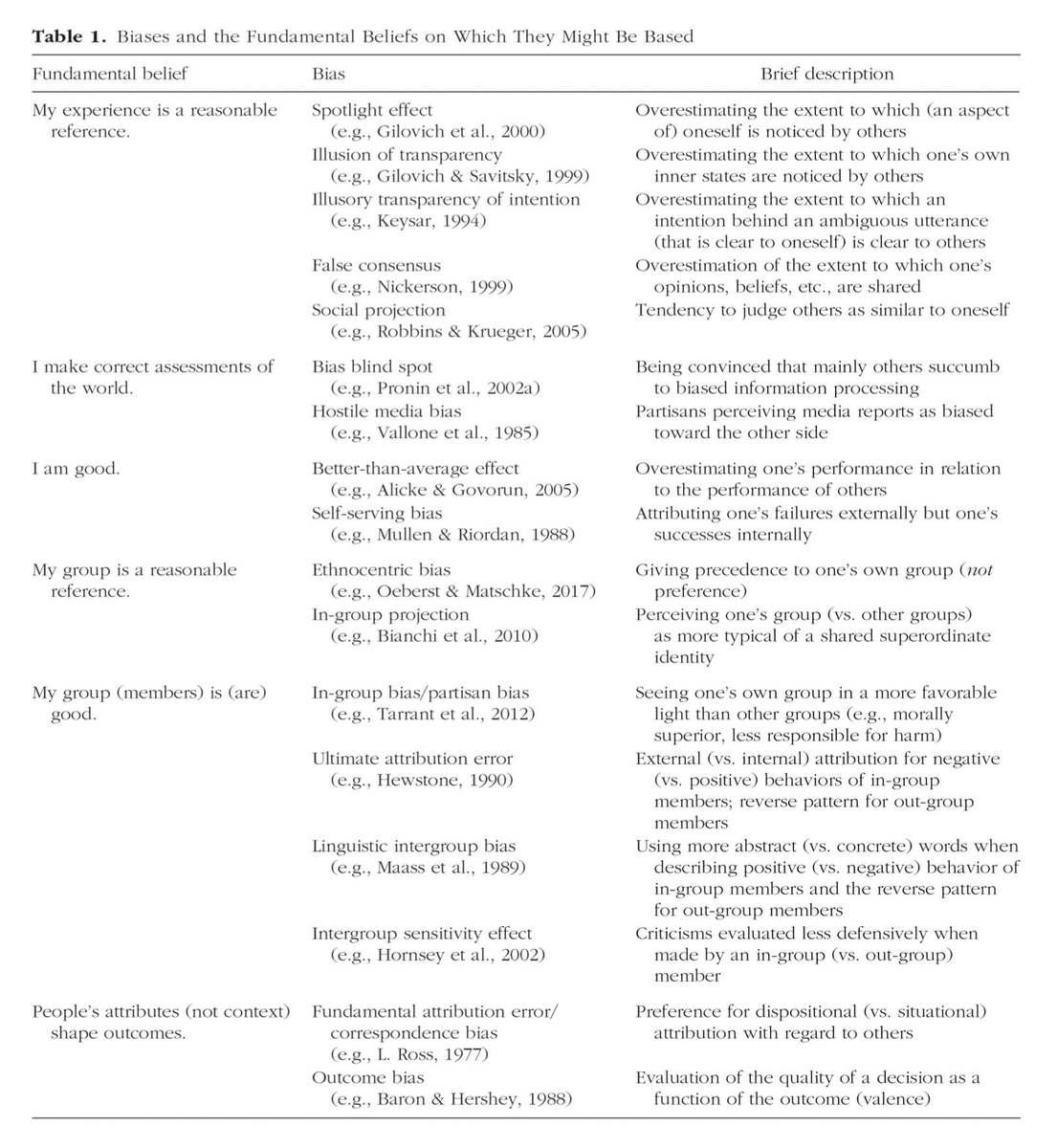


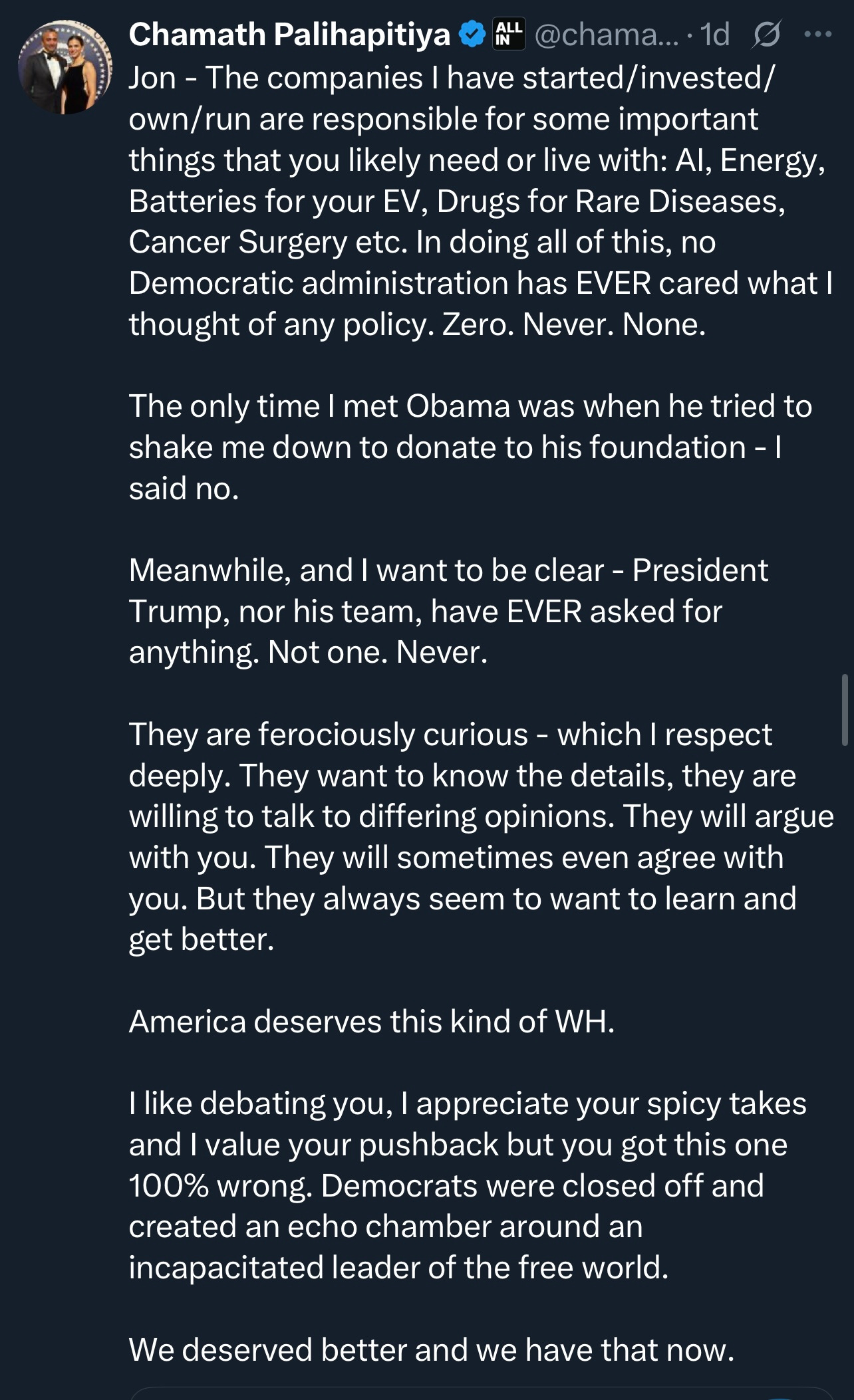





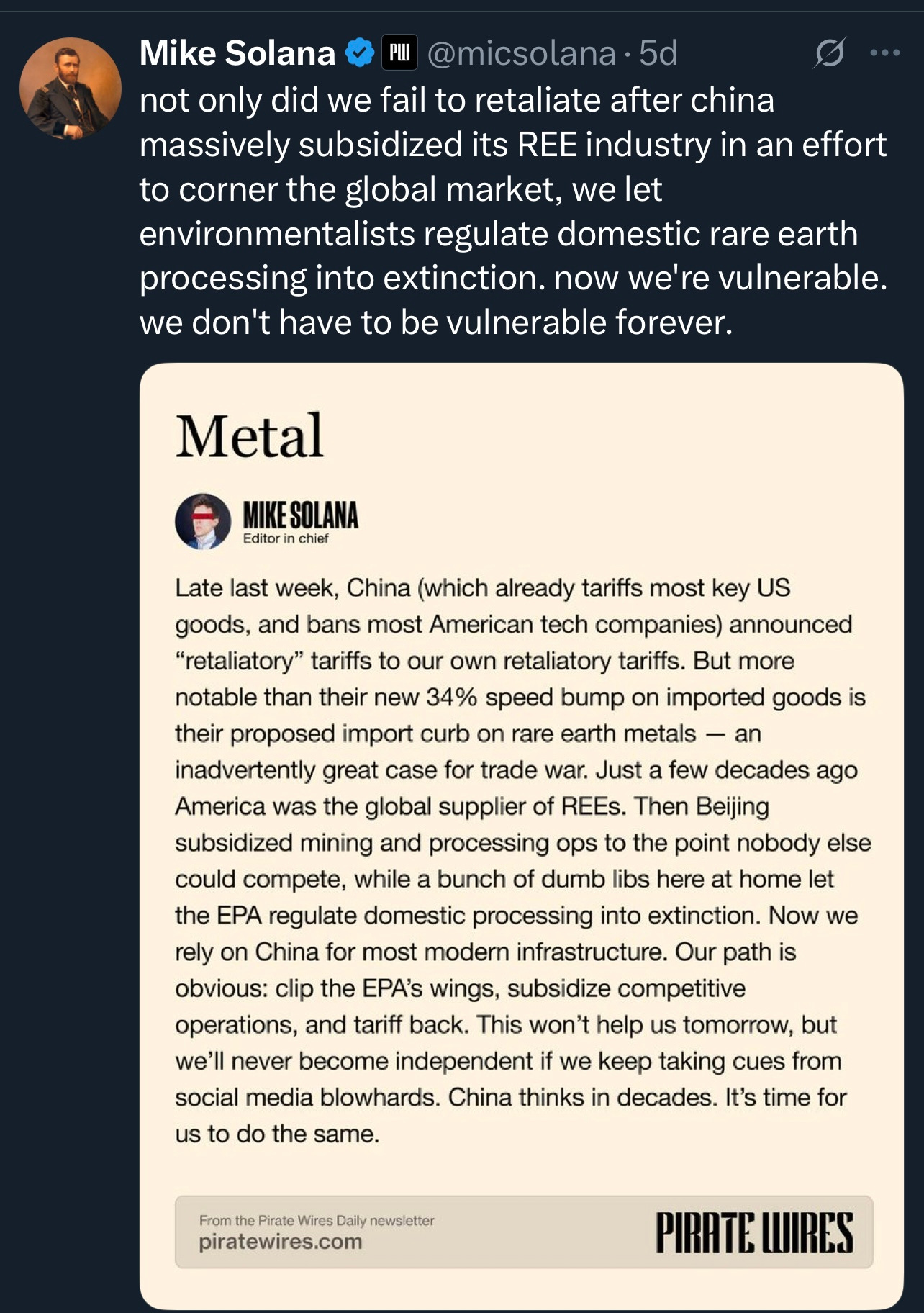
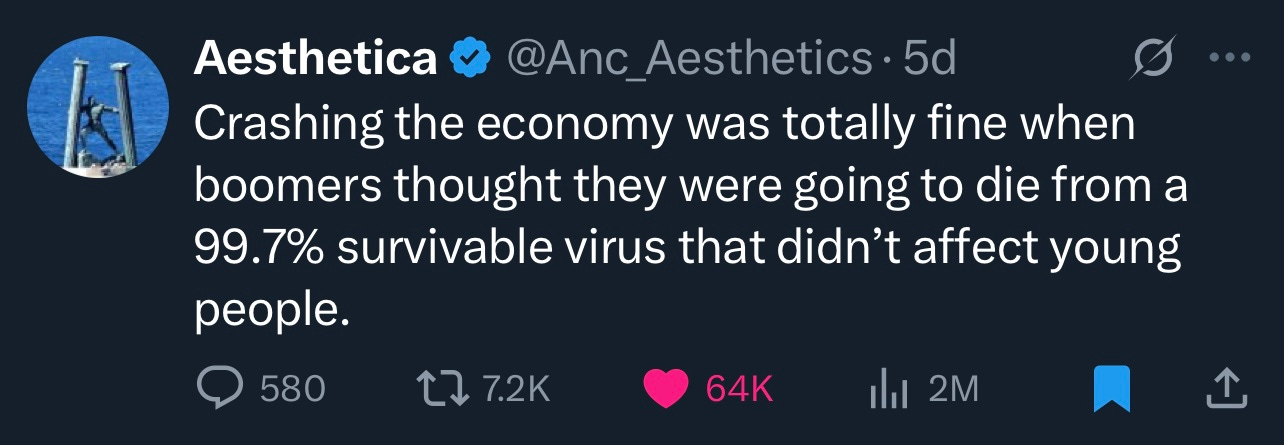
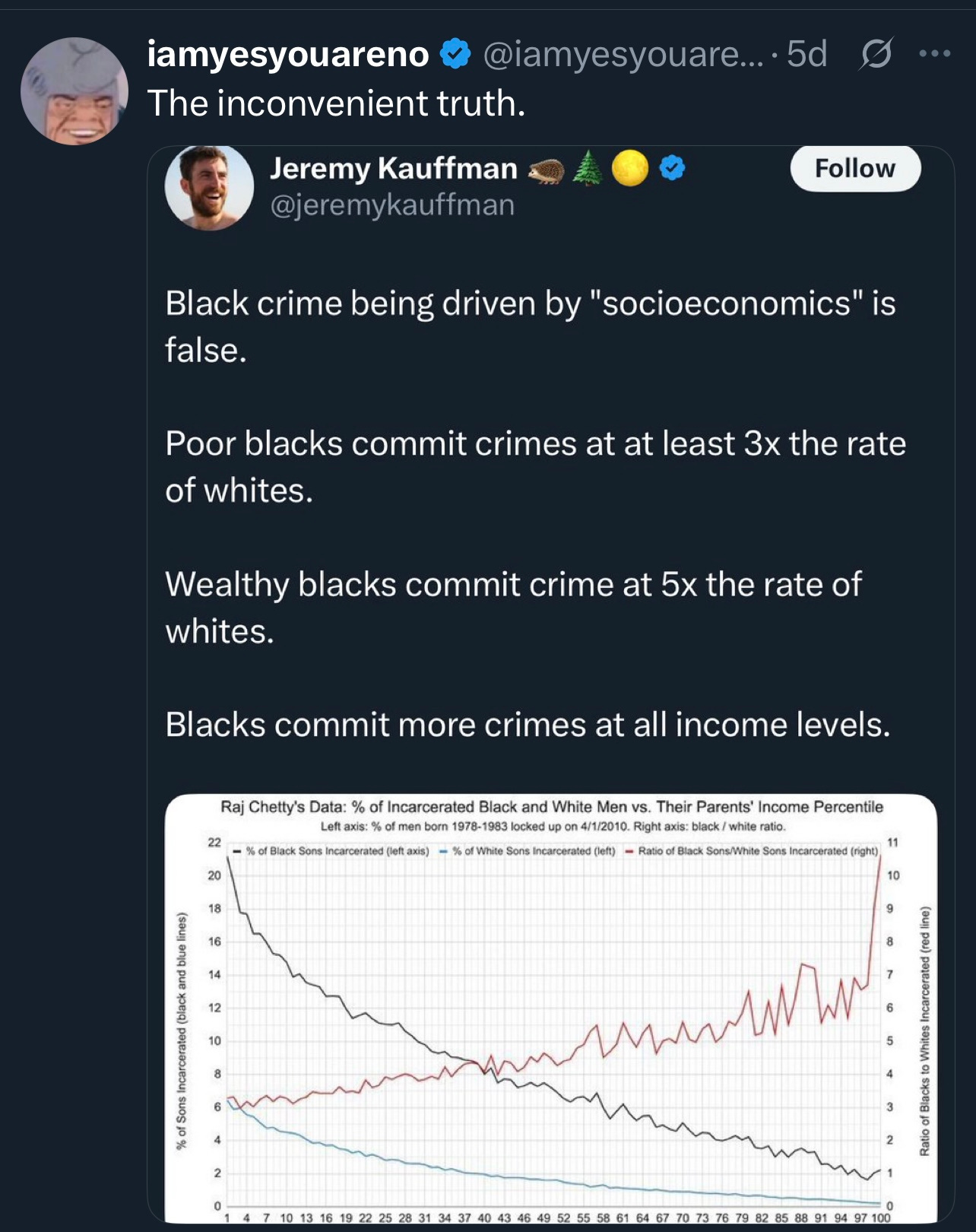
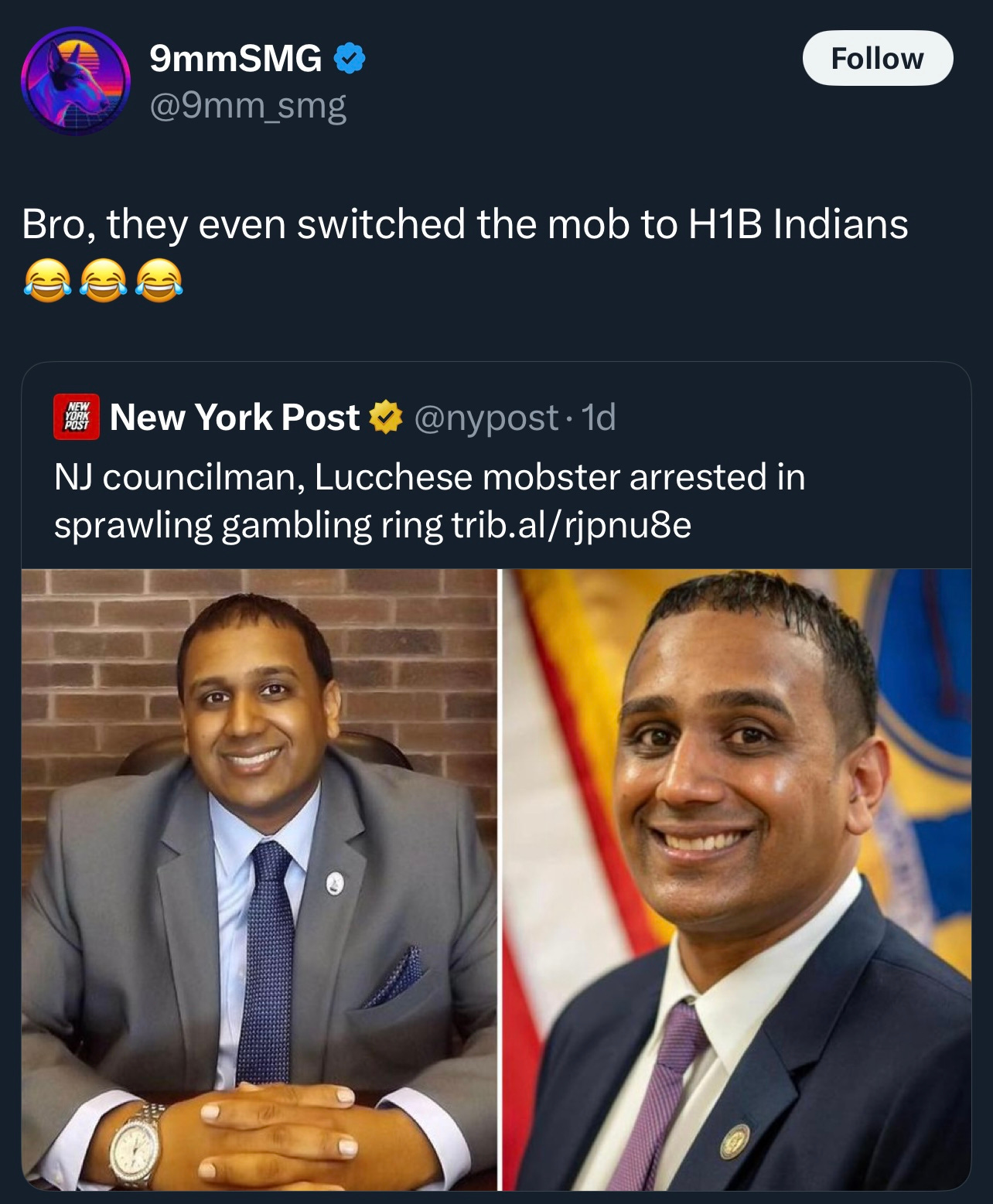
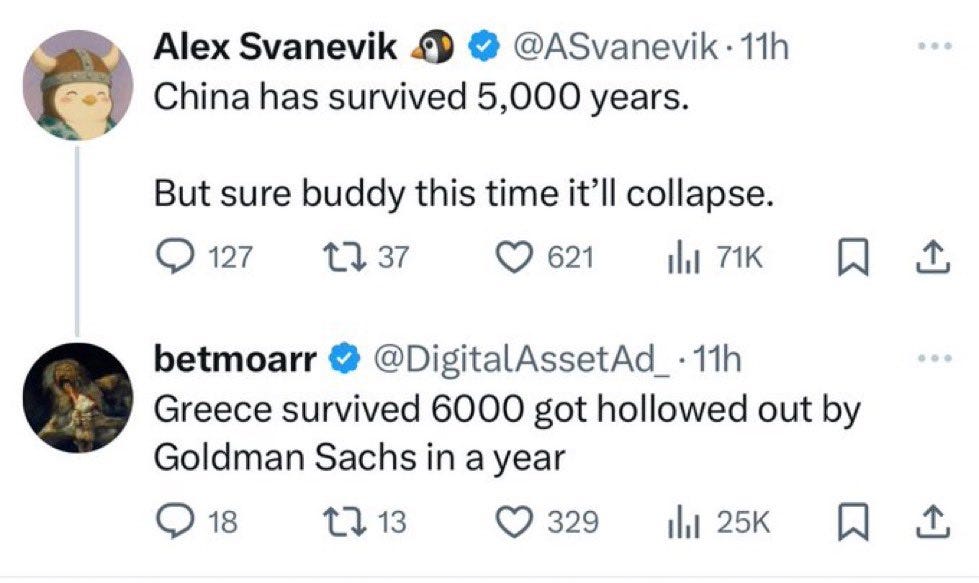
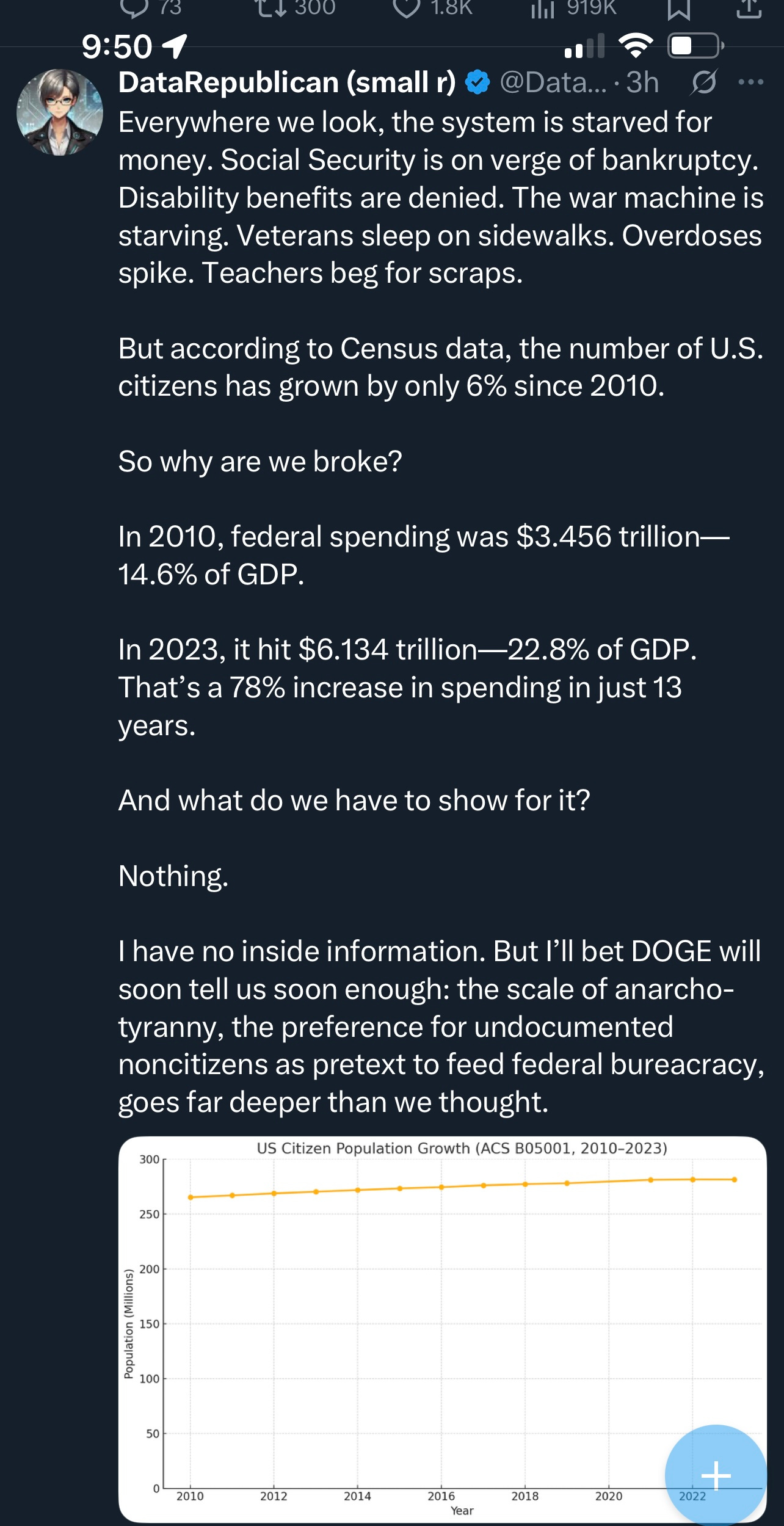

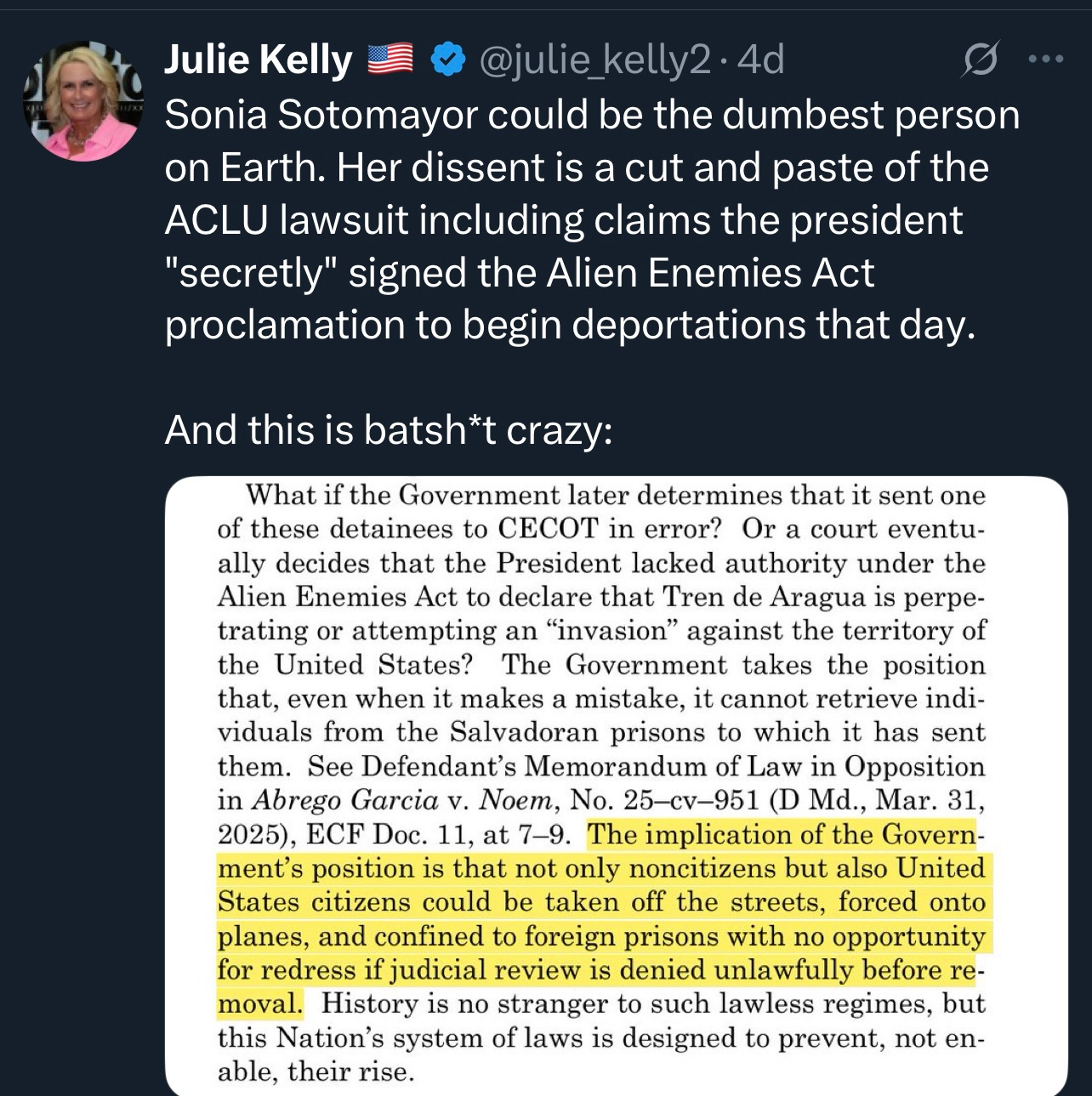
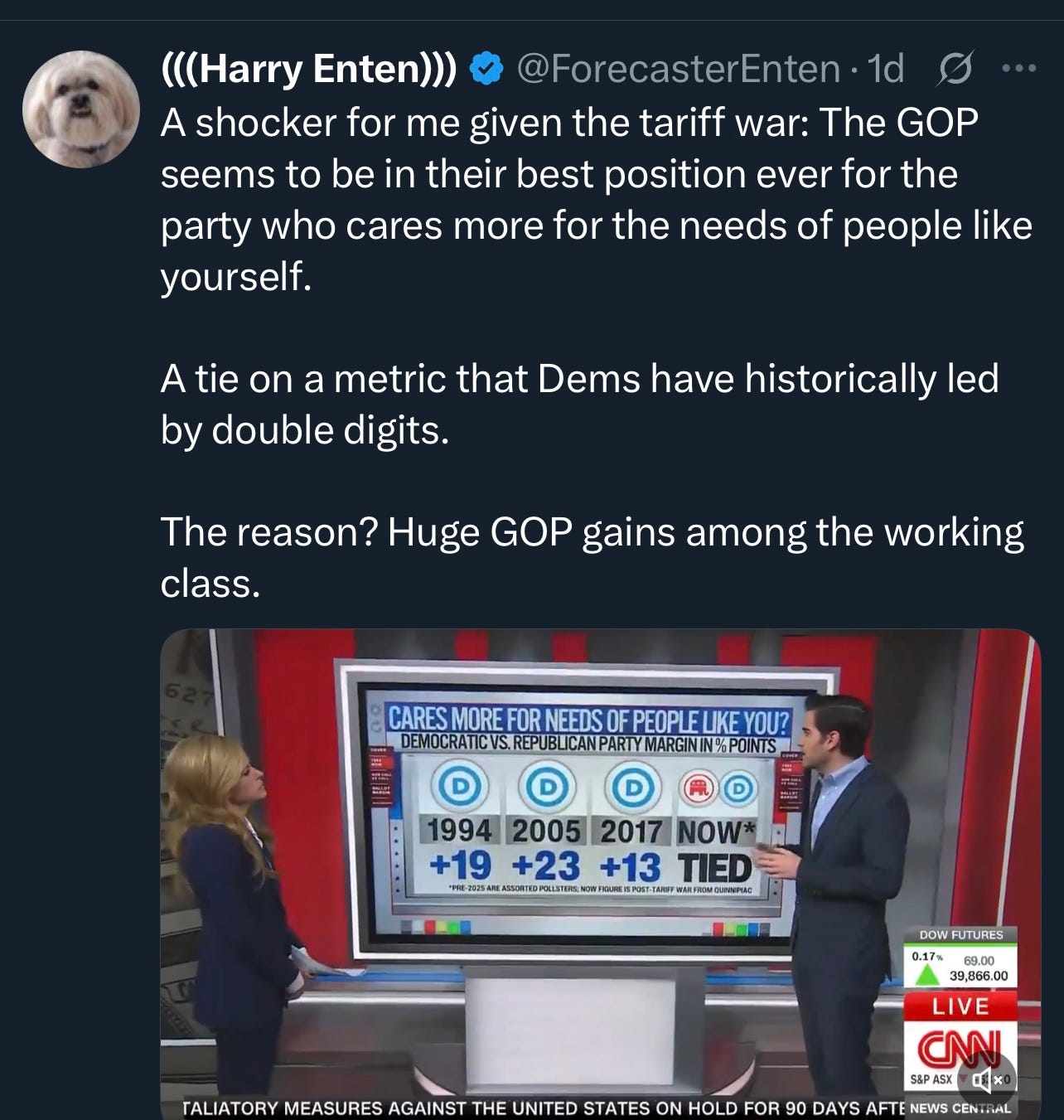
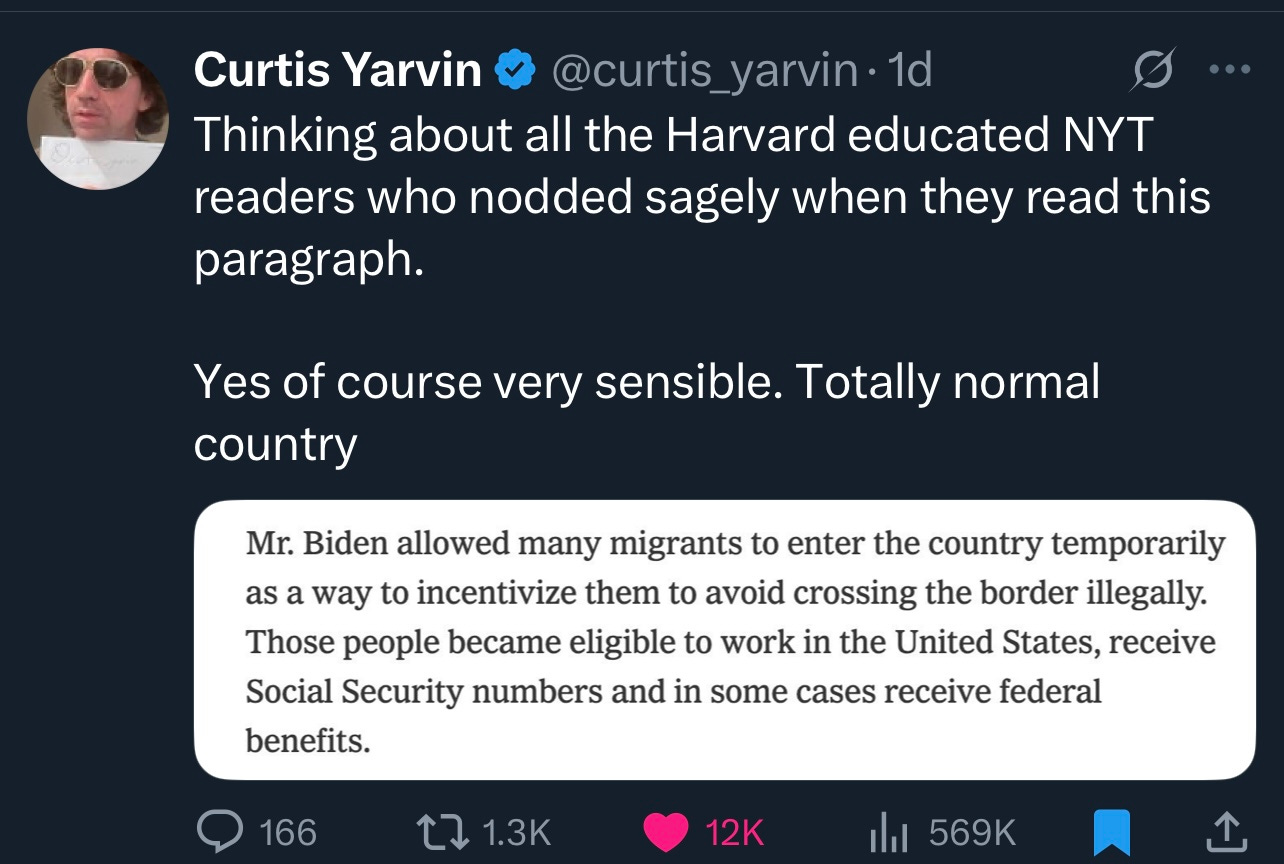
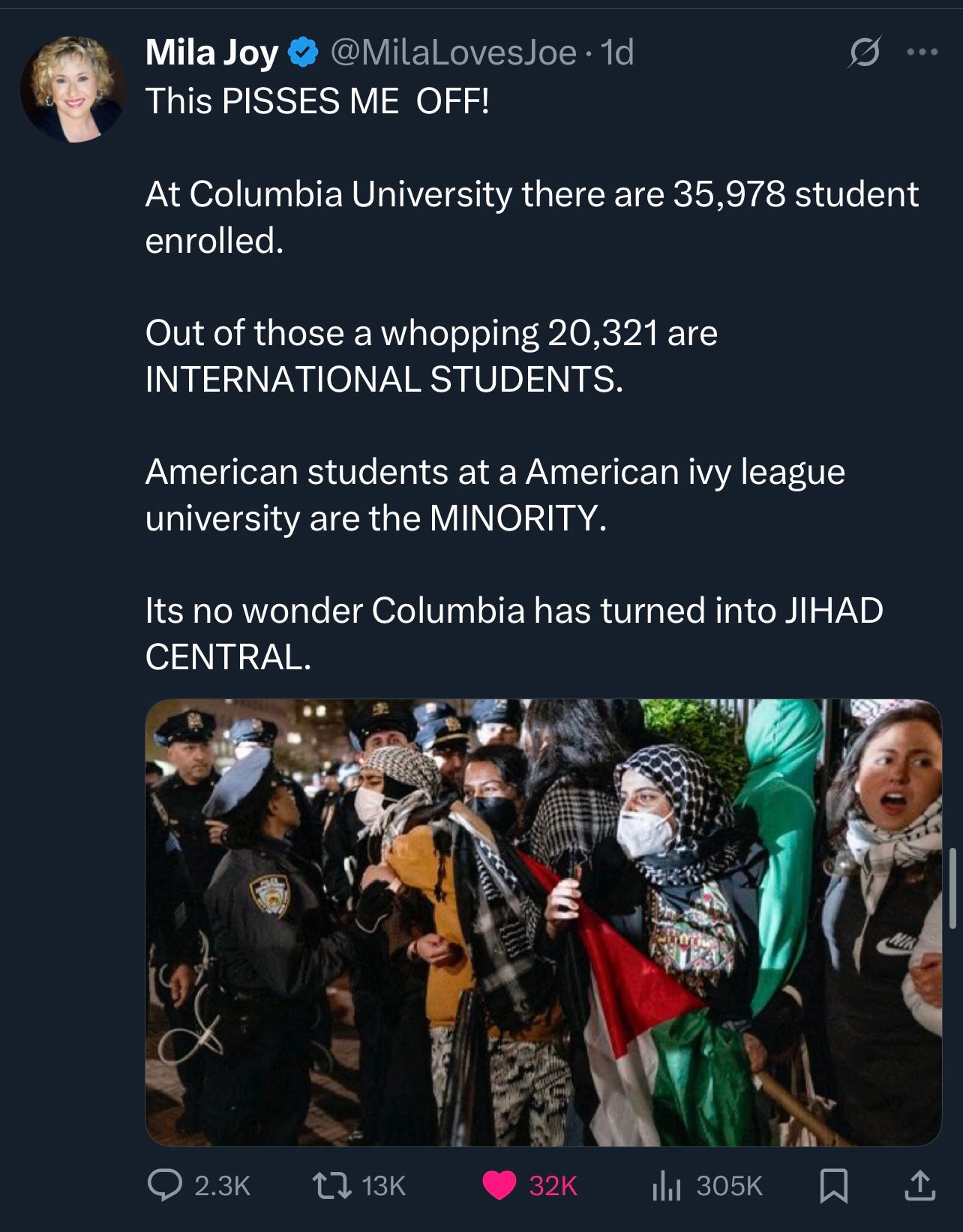
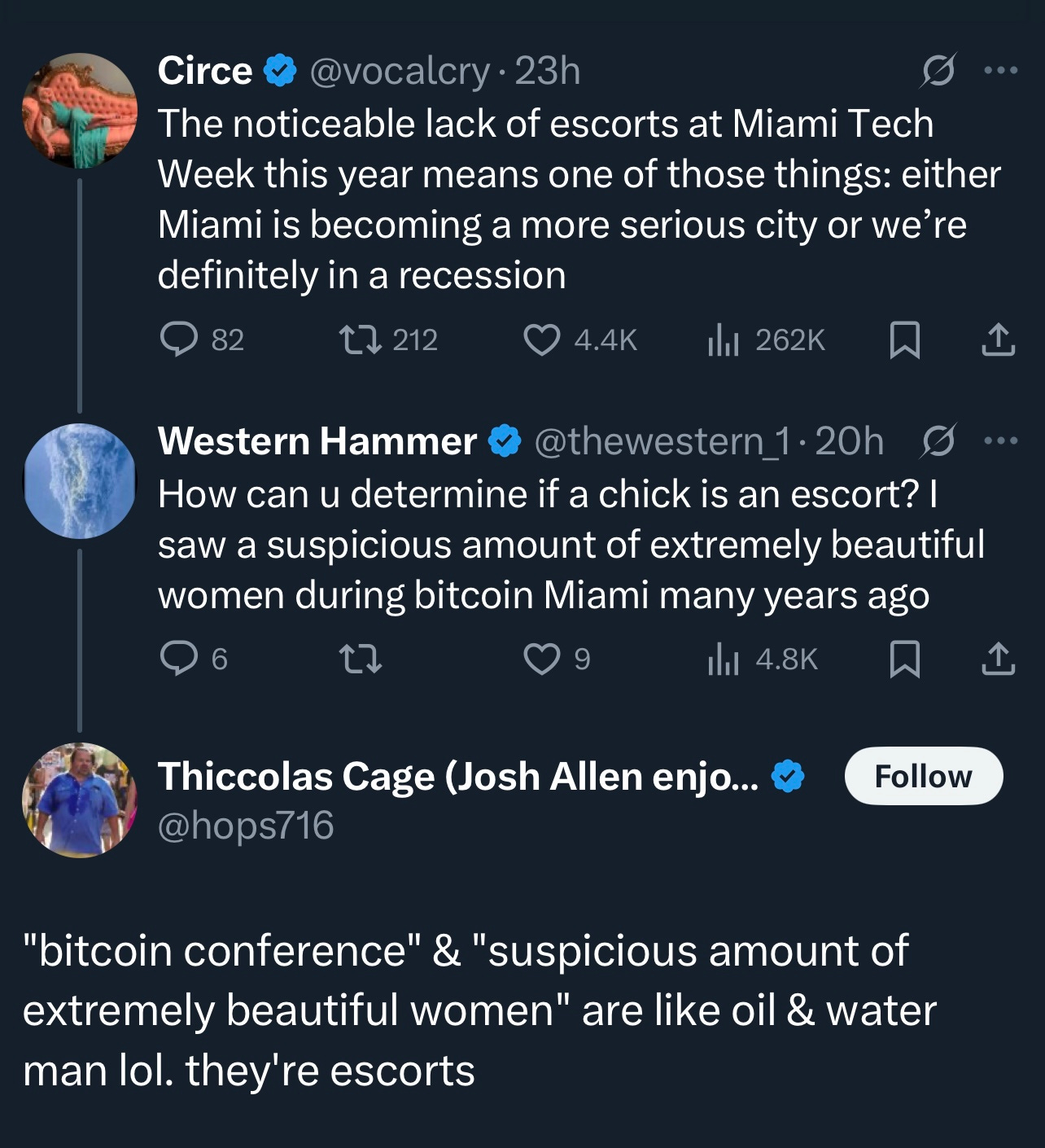






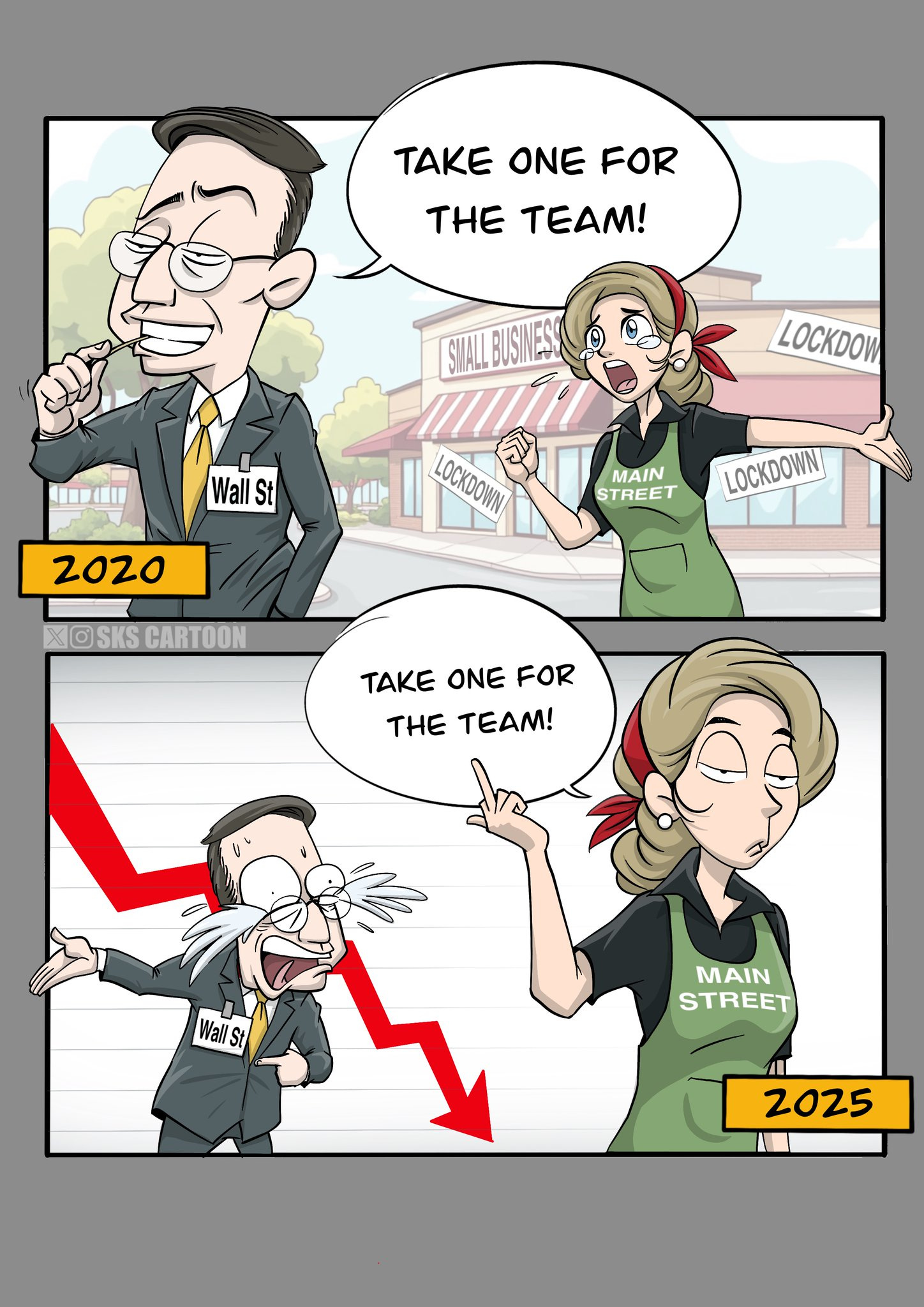


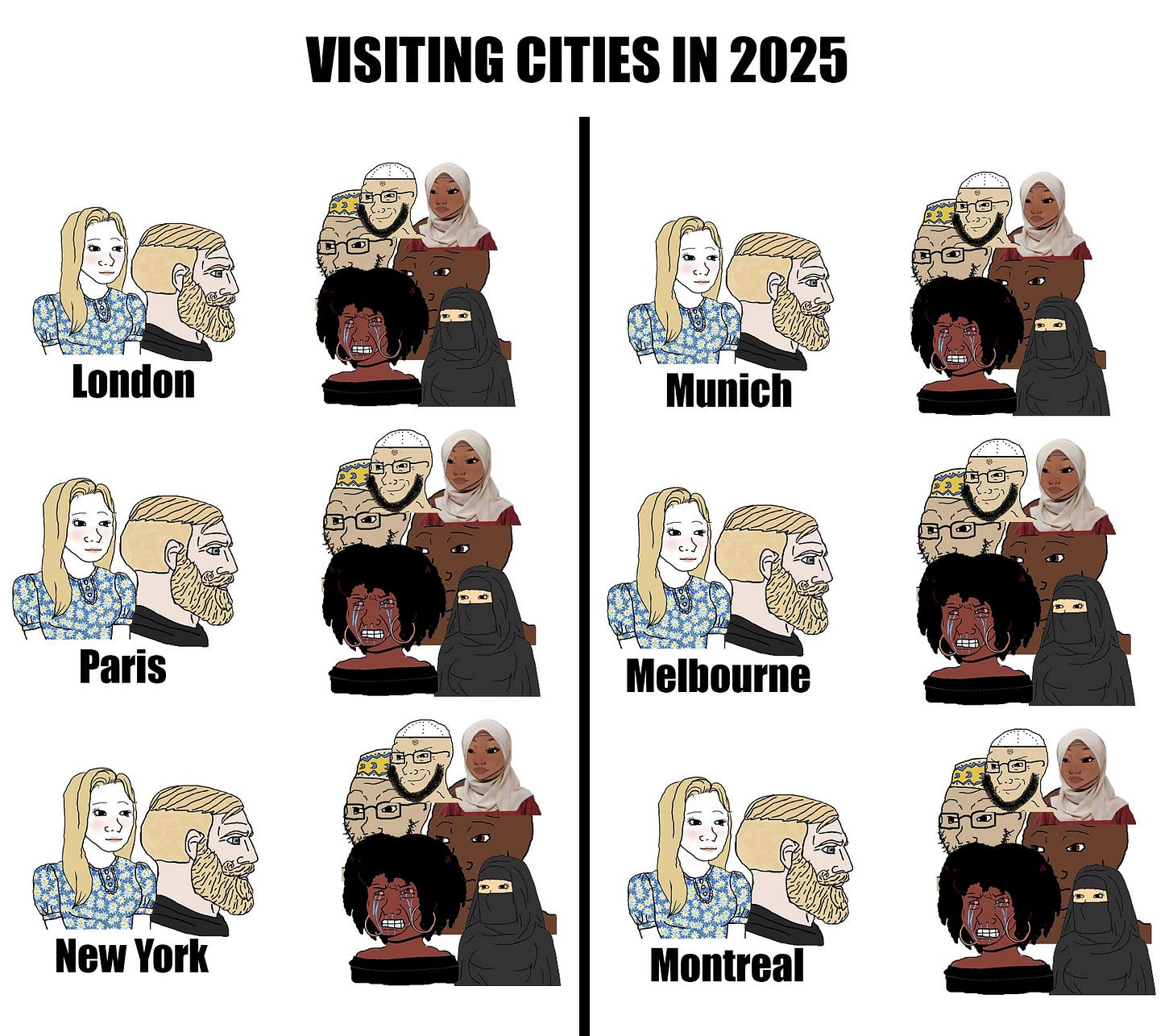
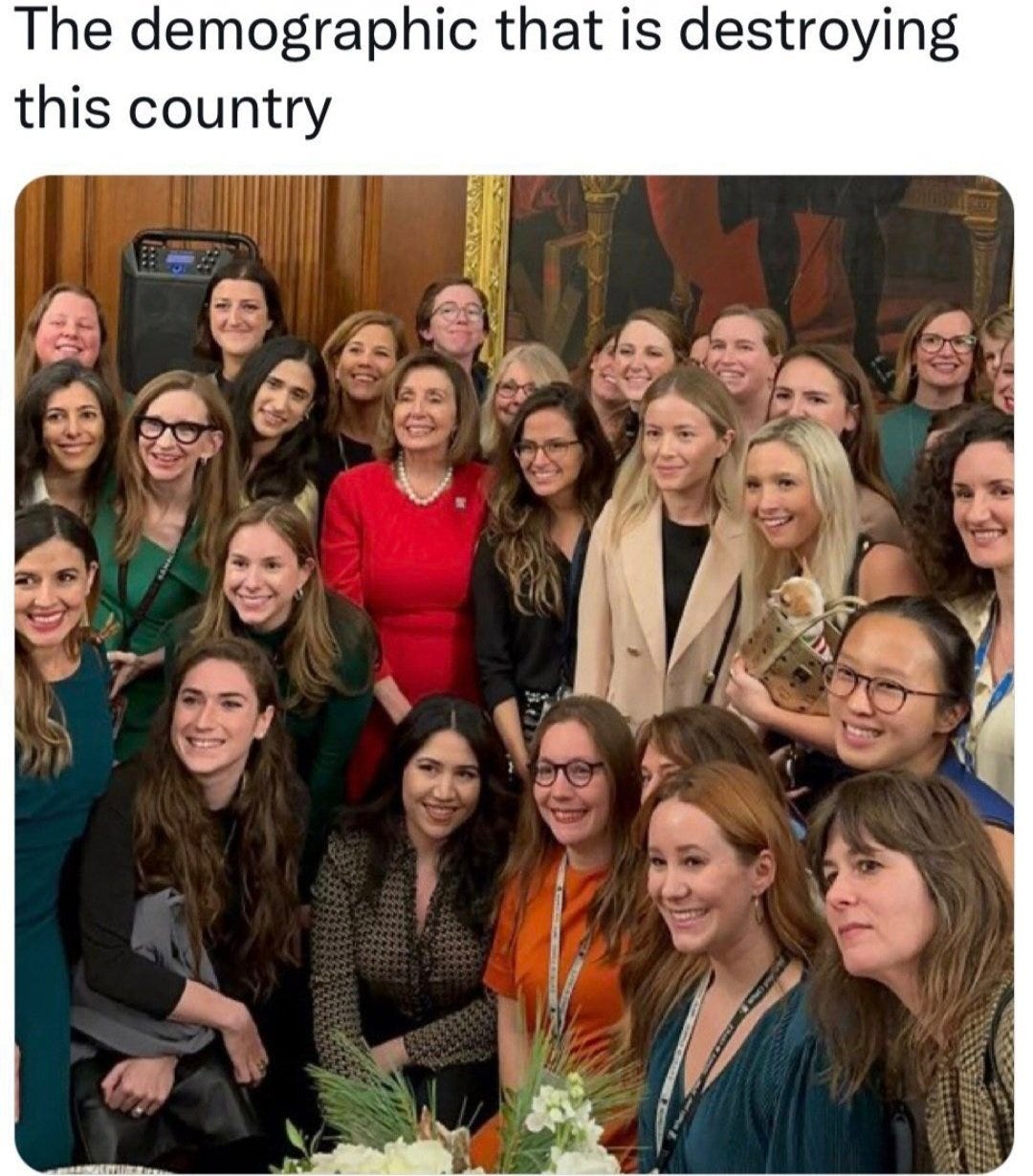










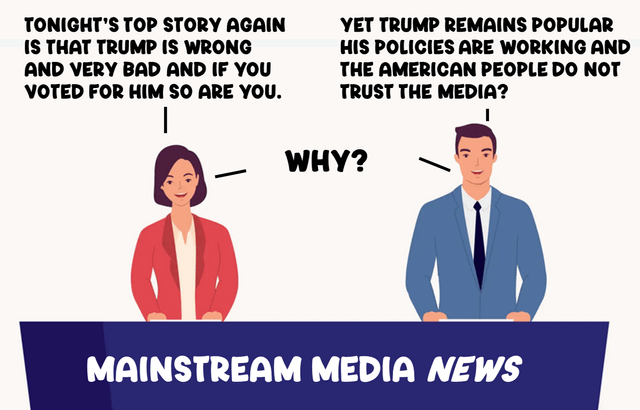





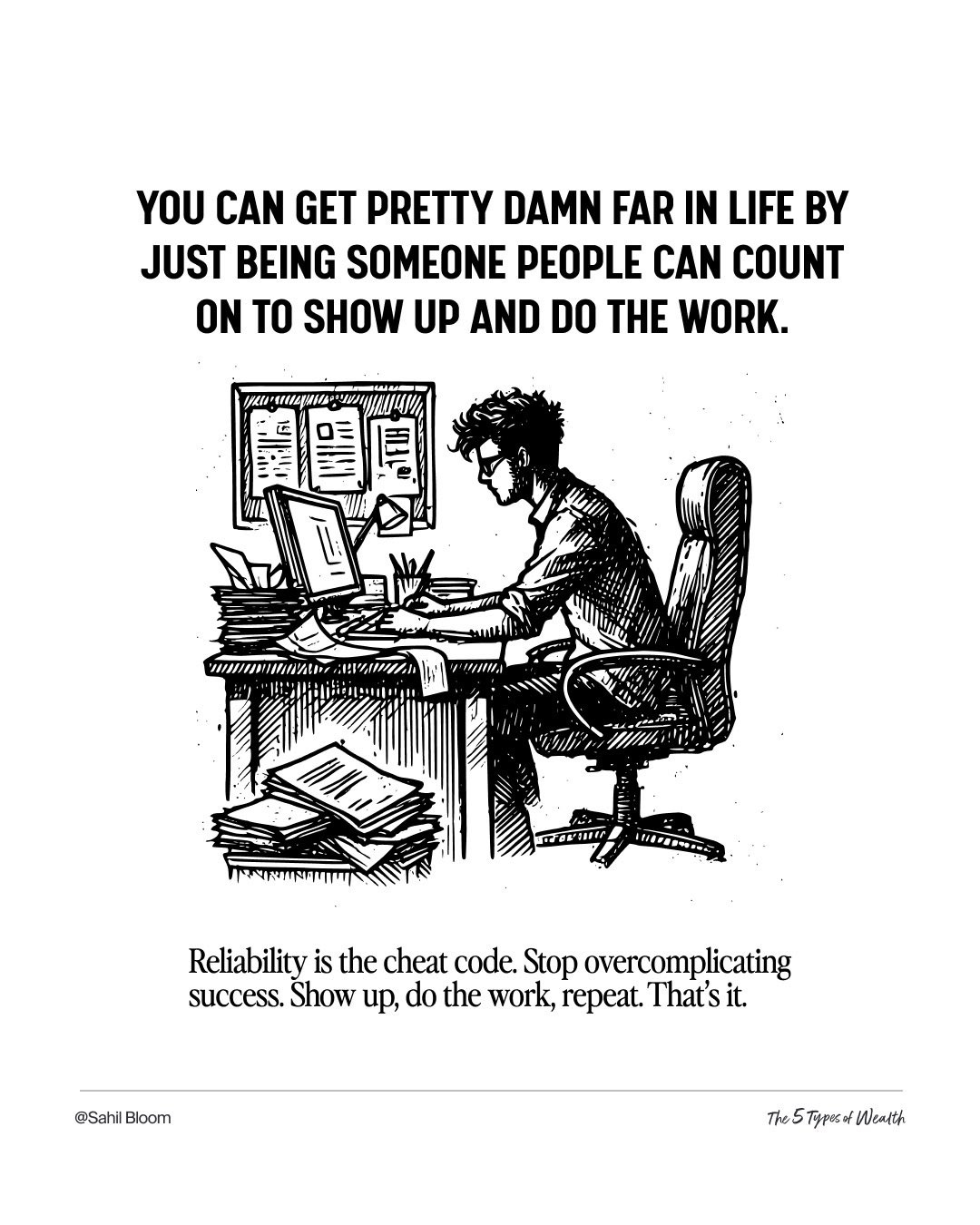


This is the most engaging political writing on the internet. Whether I agree or disagree on a particular issue, I always walk away after reading these articles thinking “Damn, that was well done” and, today, “I’ve been way too trusting of the so-called experts.” Superb work, Mike.
🔥🔥🔥